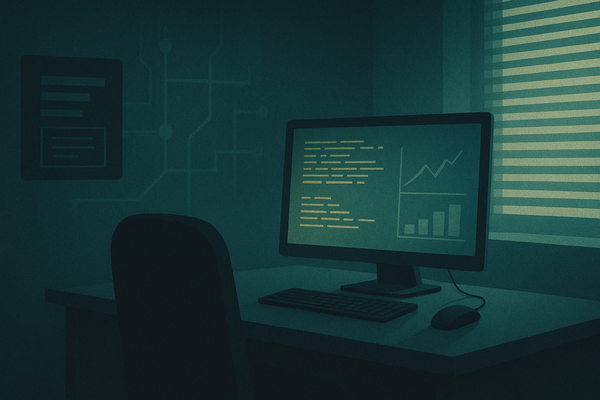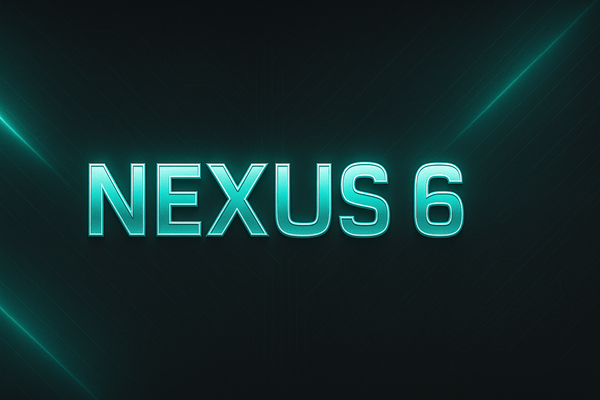Klara and the Sun, by Kazuo Ishiguro
A remarkable philosophical inquiry into the boundaries of consciousness, love, and human experience.

A Profound Exploration of Consciousness and Connection
Kazuo Ishiguro's *Klara and the Sun* represents a remarkable philosophical inquiry into the boundaries of consciousness, love, and human experience. This speculative novel transcends traditional genre boundaries, offering a nuanced meditation on artificial intelligence that is simultaneously intimate and expansive. By centering the narrative on Klara, an AF (Artificial Friend) with an extraordinary capacity for observation and emotional intelligence, Ishiguro crafts a profound allegory about perception, empathy, and the intricate nature of sentience.
The novel's genius lies in its delicate negotiation of technological possibility and emotional depth. Klara is not merely a technological artifact but a sentient being with a unique worldview deeply influenced by her solar-powered existence. Her understanding of the world is characterized by a remarkable blend of literal observation and metaphorical interpretation, which becomes a powerful narrative device for exploring how consciousness might emerge in non-human entities.
Technological Intimacy and Human Vulnerability
Set in a near-future landscape where artificial companions have become integral to familial structures, the book explores the relationship between Klara and Josie, a chronically ill young girl. This relationship is not a simplistic human-machine interaction but a complex emotional exchange that challenges readers' preconceptions about connection, care, and companionship.
Josie's deteriorating health becomes a pivotal narrative element, revealing the profound emotional stakes of the story. Her parents' complex motivations—including the possibility of creating a technological replica of Josie should she not survive—introduce philosophical questions about identity, reproduction, and the boundaries of love.
Philosophical Quotes that Resonate
The novel is replete with profound observations that invite deep contemplation:
*"Until recently, I didn't think that humans could choose loneliness. That there were sometimes forces more powerful than the wish to avoid loneliness."*
This quote encapsulates Klara's emerging understanding of human complexity, suggesting that emotional experiences are not binary but nuanced and often counterintuitive.
*"There was something very special, but it wasn't inside Josie. It was inside those who loved her."*
Here, Ishiguro masterfully articulates the novel's central thesis: that humanity is defined not by individual essence but by the intricate web of relationships and emotional investments that surround us.
Scientific and Literary Synthesis
What distinguishes *Klara and the Sun* is its remarkable ability to engage with cutting-edge technological and philosophical questions while maintaining profound emotional authenticity. Ishiguro does not merely speculate about artificial intelligence; he creates a rich phenomenological experience that challenges readers to reconsider what constitutes consciousness, empathy, and connection.
The novel can be read as a sophisticated exploration of several contemporary scientific and philosophical debates:
- The emergence of consciousness in artificial systems
- The potential emotional capacities of non-human intelligences
- The intricate relationship between biological and technological forms of perception
A Transformative Literary Experience
*Klara and the Sun* is more than a novel—it is an intellectual and emotional journey that bridges scientific speculation and deeply human storytelling. Ishiguro has created a work that will undoubtedly be studied not just in literature departments, but in philosophy, cognitive science, and technology research programs.
For readers and scholars interested in the evolving relationship between humanity and technology, this book offers a nuanced, compassionate, and intellectually rigorous exploration. It reminds us that the most profound technological innovations are those that ultimately illuminate our most fundamental human experiences: love, connection, and the persistent search for meaning.
In the tradition of visionary science fiction writers who translate complex technological concepts into deeply resonant narratives, Ishiguro has produced a work that will likely be remembered as a defining text of our technological moment—a book that doesn't just imagine the future but helps us understand our present.





